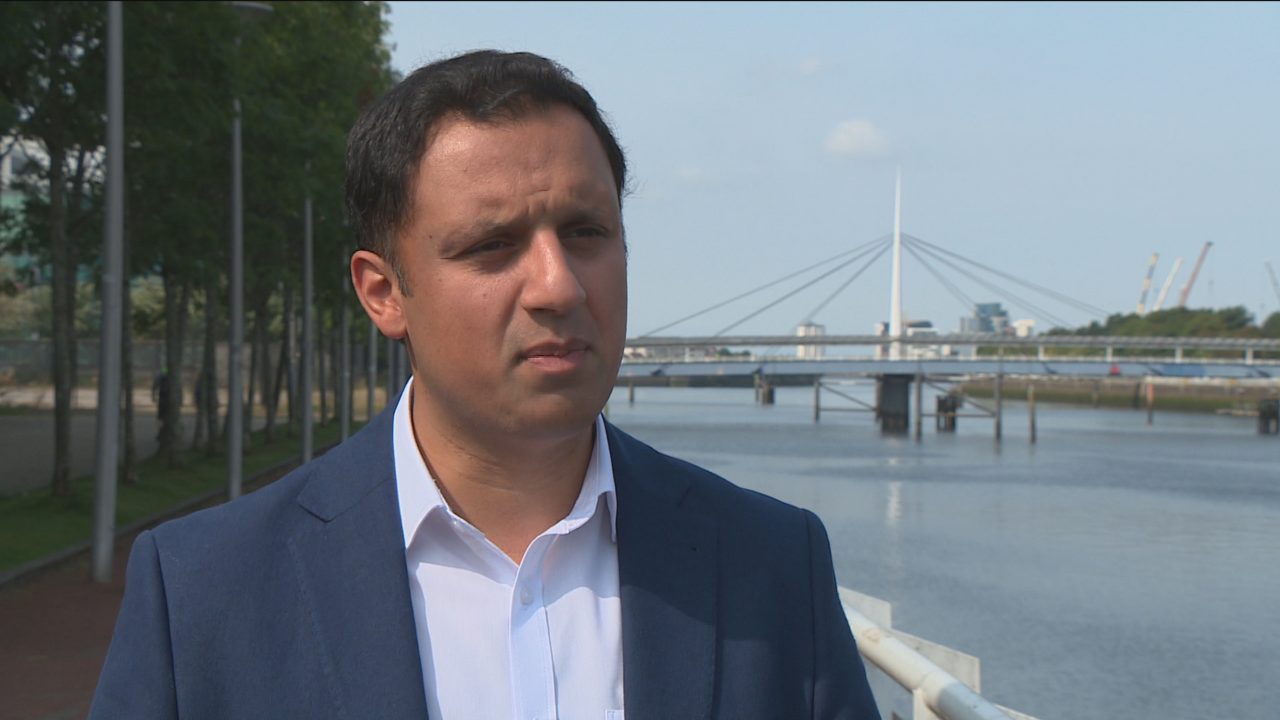There was a time when the Labour Party led the debate about the governance of Scotland.
Home Rule was a key belief of the party’s founder, Keir Hardie.
Despite some fractious internal debates, Labour in Scotland stutteringly backed proposals for a Scottish Assembly in the 1970s.
The Labour Government (1974-79) legislated not once but twice for a very limited form of devolution, which was torpedoed by the gerrymander of the 40% rule in the 1979 referendum.
During the Thatcher and Major years, Labour fleshed out its position, backed the constitutional convention of 1989 and legislated for the conventions conclusions in the landmark legislation of 1999.
The party’s embrace of change played a large part in halting the forward march of the SNP in the 1970s.
By owning an agenda based upon change, Labour (as the largest party) was trusted with the governance of the new Parliament at the first two set of elections in 1999 and 2003.
Since the historic SNP breakthrough in 2007, Scottish Labour has found itself in a position of reacting to everyone else’s agenda.
Once the agents of reform, they have become the agents of reaction.
Allied to a dearth of ideas and a paucity of thought, they find themselves squeezed between the SNP and the Tories, a once mighty party looking around in search of a role.
The slide of Scottish Labour was slow and then accelerated when the primacy of identity politics and the constitution denuded it of relevance and purpose.
It has not been able to adapt, in part because it is no longer a party of thinkers and political agitators.
Instead, it houses its old-time left-wing romantics, people instinctively hostile to constitutional politics as a distraction from class struggle.
And those who are not on the Labour left grope around in an ideological no man’s land in search of the tablets of stone that could lead to a revival.
One wing of Labour is stuck in the past, the other just stuck.
The party has had ample opportunity – several electoral defeats over many years – to get its act together. It has failed.
When Anas Sarwar announced that Labour would be taking a series of initiatives on the future governance of Scotland, I thought, not before time.
The two papers that the party has produced to date contain nothing radical and absolutely nothing that will recalibrate the debate. In short, they will do nothing to kick start any revival.
First, we had the proposal to impose a legal duty on the Westminster and Holyrood governments to improve cooperation.
Then we had the proposal to have a Senate replace the House of Lords made up of representatives from the regions and nations of the UK.
And today, a pledge to overhaul freedom of information laws to improve transparency and to end what Sarwar calls ‘secret Scotland’.
He also backed strengthening the Holyrood committee system, establishing parliamentary privilege for MSPs as well as putting a ban on members having second jobs and giving voters the right to recall their MSP.
Now there is merit in these ideas, particularly the proposal on a Senate, but a strategy they do not make since they barely address the issues that define the fault-line in Scottish politics.
Labour are against a second independence referendum at the moment; maybe in the future, but just not now.
They have effectively ruled out working with the SNP at Westminster in the event of a hung parliament after the next UK general election.
This looks to me like a recipe for stagnation.
Their modest proposals for reform will be the talk of no steamie.
And their strategy looks as if it is a further example of a chauvinism which might be understandable if they enjoyed levels of support that they could once boast.
They have the mindset of a big party without having noticed that they have become increasingly irrelevant.
They should do a number of things.
First, they should pledge that a future Labour government will hold a fresh constitutional referendum if elected.
It will give people the choice of voting for a new devolved settlement or move to independence.
Such a move would get the referendum timing monkey off their back.
Second, they would once again be seen as agents of change, a role that has borne fruit in the past.
They should back a new model for Holyrood based on all taxes in Scotland staying in Scotland with Holyrood writing a cheque for their share of reserved services like defence and foreign affairs.
They should pledge a written constitution that would explicitly propose a legally binding mechanism which sets out how future constitutional referenda are held as a way of preventing the current stooshie between Holyrood and Westminster on IndyRef2.
Such a stance would give them a meaningful contribution to make and one that might even put Nicola Sturgeon on the back foot. Would she back a plebiscite where the choice is reform or independence?
Actually, the proposal that all taxes raised in Scotland should stay in Scotland was the Holyrood government’s position when it gave evidence to the Smith Commission in the aftermath of the 2014 referendum.
Labour would be inviting the SNP to campaign against a previously held position.
If Labour offers no meaningful change, I don’t see any way out of their current predicament.
Some live in hope that if the Tories at UK level continue to implode, the party may get a bounce if it looks like a UK Labour government might just happen. That’s a hope, not an expectation.
After two statements on future governance, I have one question for the Scottish Labour leader, where’s the beef Anas?
Follow STV News on WhatsApp
Scan the QR code on your mobile device for all the latest news from around the country


 STV News
STV News

























